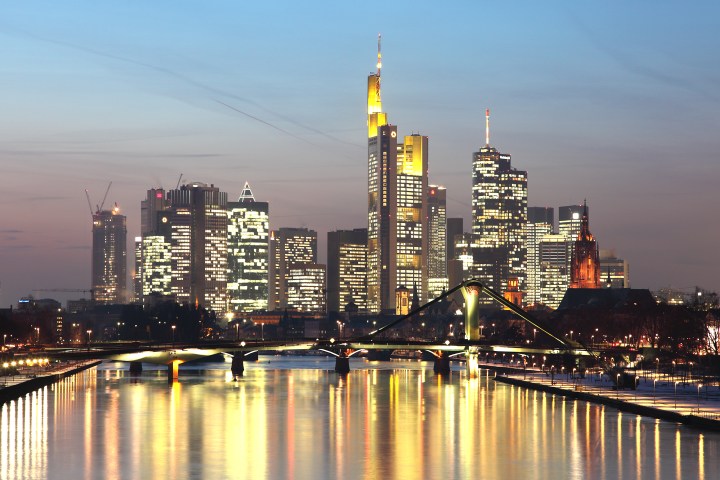
Germany got 35% of its energy from renewable sources in 2017, and some days that figure peaked as high as 85% depending on the sun and wind. Over the holiday weekend, a combination of low demand, strong winds, and warm weather combined for a surge in power generation.
The country’s nuclear and coal plants were unable to scale down their output quickly enough, leading to a bounty of about $60 per megawatt-hour for high-volume consumers such as factories.
These paybacks don’t filter down to everyday households, as utility prices are calculated quite differently in Germany than the U.S. However, the government is considering programs for individuals such as incentives to use more power at certain times to relieve stress on the power grid.
Germany can export some of its surplus energy to neighboring companies, but they’ve already experienced price dips below zero more than 100 times in 2017. With plans to begin phasing out their nuclear program by 2022, reliable weather forecasting is essential for consistent power production.
Many European countries, as well as other countries around the world, also deal with occasional surplus power problems, but Germany’s reliance on variable renewable sources presents some unique challenges. At one point during October, prices were below zero for a 31-hour period. As a result, large-scale consumers were paid as much as $98 per megawatt-hour to consume electricity during that period.
Batteries to absorb the excess power during peak production is an obvious solution, but current technology is not advanced enough to store all the excess energy. Still, they’re adapting to the new reality of renewable energy. “We now have technology that cannot produce according to the demand, but is producing according to the weather,” said German energy consultant Tobias Kurth. “[It’s] one of the key challenges in the whole transition of the energy market to renewable power.”


